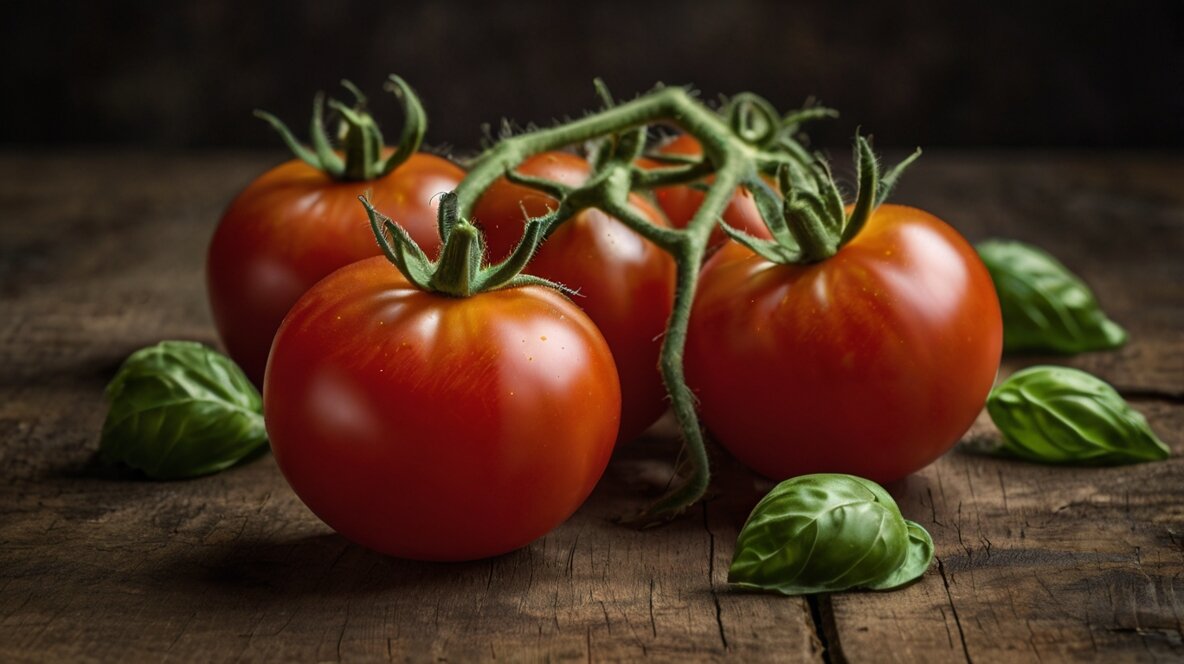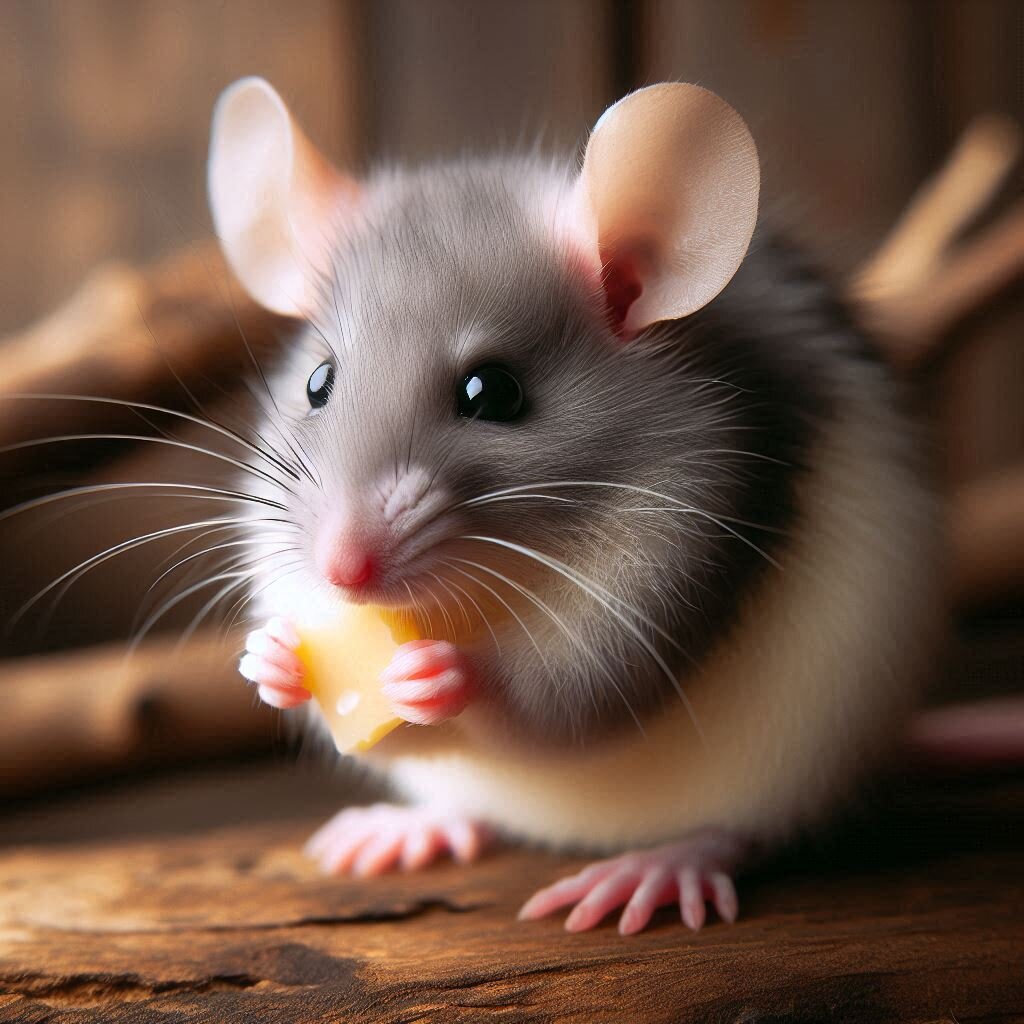Table of Contents
Can Cats Eat Tomatoes? As cat owners, we always want the best for our furry friends, from providing them with a safe environment to offering them the right food. But sometimes, it can be confusing to figure out which human foods are safe for cats and which ones could harm them. So, when it comes to tomatoes, a common ingredient in many households, the question is: Can cats eat tomatoes? In this guide, we’ll explore everything you need to know about tomatoes and whether they’re safe for your feline friend.
Are Cats Eat Tomatoes?
The short answer is: No, tomatoes are not safe for cats, particularly the green parts of the plant. While the ripe fruit of a tomato is less toxic, it’s still not recommended to Cats Eat Tomatoes. Tomatoes belong to the nightshade family, a group of plants known to produce toxins that can be harmful to both humans and pets.
What Parts of the Tomato Are Toxic to Cats?
Green Tomatoes and Stems
Green, unripe tomatoes and their stems are especially dangerous. They contain higher levels of toxins like solanine and tomatine, which are compounds that can be harmful to cats.
Tomato Leaves and Vines
The leaves and vines of the tomato plant contain solanine, which can cause gastrointestinal upset and even neurological issues in cats. Cats should never be allowed to chew on tomato leaves or vines, whether in your garden or from store-bought plants.
Unripe vs. Ripe Tomatoes
While ripe tomatoes have lower concentrations of solanine and tomatine, they still aren’t recommended for cats. Even small amounts could lead to stomach issues.
Why Are Tomatoes Harmful to Cats?
Solanine and Tomatine Explained, Cats Eat Tomatoes!
Tomatoes, especially the green parts, contain solanine and tomatine, two alkaloid compounds. These chemicals are nature’s way of defending the plant against pests, but they can also affect mammals, particularly small animals like cats.
How These Compounds Affect Cats
Solanine and tomatine can lead to a range of symptoms in cats, including vomiting, diarrhea, lethargy, and confusion. In severe cases, ingestion of these compounds can even cause a slower heart rate or difficulty breathing.
Symptoms of Tomato Poisoning, in Cats Eat Tomatoes
If your cat has ingested a harmful part of the tomato plant, you might notice vomiting, drooling, diarrhea, and weakness. More serious symptoms include tremors, dilated pupils, and changes in heart rate. If you see any of these signs, contact your vet immediately.
Can Cats Eat Cooked Tomatoes?
Effects of Cooking on Toxicity
Cooking tomatoes does reduce the levels of solanine and tomatine, but it doesn’t make them completely safe for cats. Cats Eat Tomatoes Plus, many cooked tomato dishes include other ingredients like onions, garlic, and spices, which are highly toxic to cats.
Common Ingredients to Avoid in Cooked Dishes
While you might be tempted to offer your cat a spoonful of tomato sauce or soup, think again. These often contain harmful ingredients such as garlic and onions, which are much more toxic to cats than tomatoes themselves.
Are There Any Health Benefits to Tomatoes for Cats?
Nutritional Content of Tomatoes
Tomatoes are rich in vitamins A and C and contain fiber, but the risks far outweigh the benefits for cats. Cats are obligate carnivores, meaning they get all the nutrients they need from meat.
Alternative Safe Fruits and Vegetables for Cats
If you want to give your cat a healthy treat, consider safe options like cooked carrots, green beans, or pumpkin. These foods are safe and can even provide a nutritional boost.
What Should You Do If Your Cat Eats Tomatoes?
Immediate Steps to Take
If you catch your cat nibbling on a tomato or its plant, remove the plant or fruit immediately. Try to determine how much they’ve eaten, as this will be helpful information for your vet.
When to Call the Vet
If your cat shows any symptoms of poisoning, such as vomiting or lethargy, it’s important to call the vet right away. Even if your cat isn’t showing symptoms, it’s a good idea to reach out to your vet for advice.
Treatment Options for Tomato Poisoning
Treatment for tomato poisoning may include inducing vomiting, administering activated charcoal, or providing supportive care such as IV fluids. Your vet will decide on the best course of action depending on the severity of the poisoning.
How to Prevent Cats from Eating Harmful Foods
Safe Storage Tips
Keep tomatoes and other harmful foods out of your cat’s reach. Cats Eat Tomatoes, Store them in cabinets or on high shelves where curious paws can’t get to them.
Educating Family Members
Make sure everyone in your household knows which foods are toxic to cats. This includes being mindful when leaving food on the counter or in open spaces.
Creating a Safe Feeding Environment
Feed your cat in a designated area with only cat-safe foods. Avoid feeding table scraps, and keep a watchful eye during family meals.
Understanding Cat Nutrition, Cats Eat Tomatoes
Why Cats Need a Meat-Based Diet
Cats are obligate carnivores, which means their bodies are designed to thrive on a meat-based diet. Cats Eat Tomatoes, They lack the enzymes needed to break down plant matter effectively, which is why fruits and vegetables, including tomatoes, should be limited or avoided.
Common Human Foods That Are Toxic to Cats
In addition to tomatoes, Cats Eat Tomatoes. cats should avoid chocolate, onions, garlic, grapes, and alcohol. These foods can cause serious health problems, ranging from digestive issues to organ failure.
The Importance of a Balanced Feline Diet
Cats require specific nutrients like taurine, which are found primarily in animal tissues. Cats Eat Tomatoes. A balanced diet of high-quality cat food ensures they get all the essential nutrients without the risks posed by human food.
What Other Fruits and Vegetables Are Safe for Cats?
List of Safe Fruits
Small amounts of fruits like blueberries, apples (without seeds), and watermelon (seedless) are safe for cats.
List of Safe Vegetables
Cooked carrots, green beans, and peas are generally considered safe vegetables for cats.
Introducing New Foods to Your Cat’s Diet
If you want to offer new foods, do so gradually. Watch for any signs of allergies or digestive upset, and consult your vet before making any significant changes to your cat’s diet.
How to Recognize Poisoning Symptoms in Cats
Digestive Symptoms
Look for vomiting, diarrhea, and loss of appetite. These are the most common signs of poisoning in cats.
Neurological Symptoms
In more severe cases, poisoning may cause tremors, seizures, or difficulty walking.
Other Behavioral Changes
Cats may become lethargic or agitated after ingesting something toxic. Any drastic behavior change should be a red flag.
Safe Treat Alternatives for Cats Eat Tomatoes
Store-Bought Treats vs. Homemade Options
Opt for treats specifically designed for cats. You can also make homemade treats using safe ingredients like cooked chicken or tuna.
Incorporating Healthy Treats into Your Cat’s Routine
Use treats sparingly, and make sure they don’t exceed more than 10% of your cat’s daily caloric intake.
Common Myths About Cats and Human Food
Myth: Cats Can Eat Anything Humans Eat
While it’s easy to assume that cats can eat whatever we eat, their digestive systems are very different from ours.
Myth: A Little Bit Won’t Hurt
Even small amounts of toxic foods can cause serious health problems in cats.
Myth: All Natural Foods Are Safe
Just because something is natural doesn’t mean it’s safe. Many plants, including parts of the tomato plant, produce natural toxins to deter animals.
How to Keep Your Cat Healthy and Happy
Regular Vet Checkups
Routine checkups can help catch potential health issues early, including those related to diet and nutrition.
Proper Nutrition
Feed your cat high-quality, balanced cat food to ensure they get all the nutrients they need.
Safe Play and Exercise
A healthy cat is not just well-fed but also active. Provide plenty of playtime to keep your cat mentally and physically fit.
Conclusion
While Cats Eat Tomatoes, tomatoes may seem harmless, they pose significant risks to your cat’s health. The best way to ensure your feline friend stays healthy is by sticking to a diet designed specifically for them and keeping potentially harmful foods, like tomatoes, out of reach.
FAQs
1. Can cats eat small amounts of tomatoes?
No, even small amounts of tomatoes, Cats Eat tomatoes, especially unripe ones, which can be harmful to cats.
2. What happens if my cat accidentally eats tomato sauce?
Tomato sauce often contains harmful ingredients like garlic and onions, so it’s important to consult your vet immediately if your cat consumes it.
3. Are there any safe types of tomatoes for cats?
Ripe tomatoes are less toxic than unripe ones, Cats Eat Tomatoes. but it’s still safer to avoid feeding any type of tomato to your cat.
4. Can a cat’s diet include fruits and vegetables?
Yes, some fruits and vegetables like cooked carrots or blueberries can be safely incorporated into a cat’s diet in moderation.
5. How can I tell if my cat has eaten something toxic?
Watch for signs like vomiting, diarrhea, lethargy, or any sudden changes in behavior. If you notice these symptoms, contact your vet immediately.



